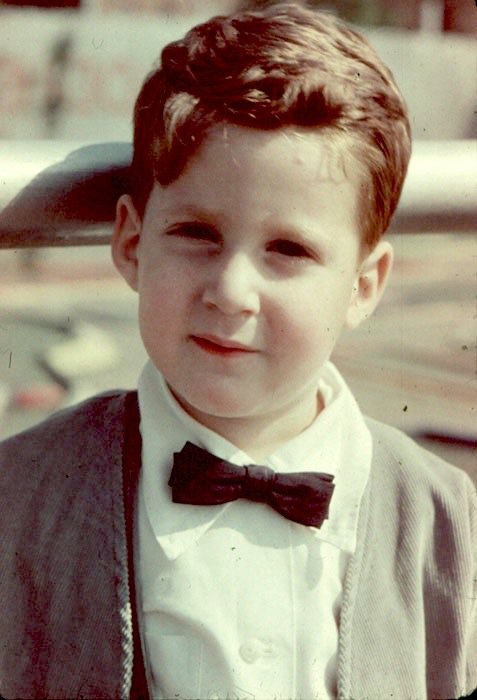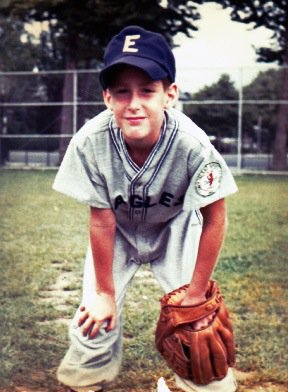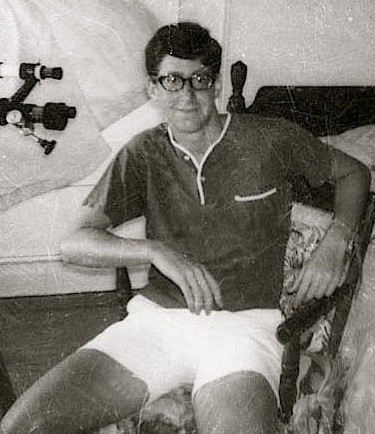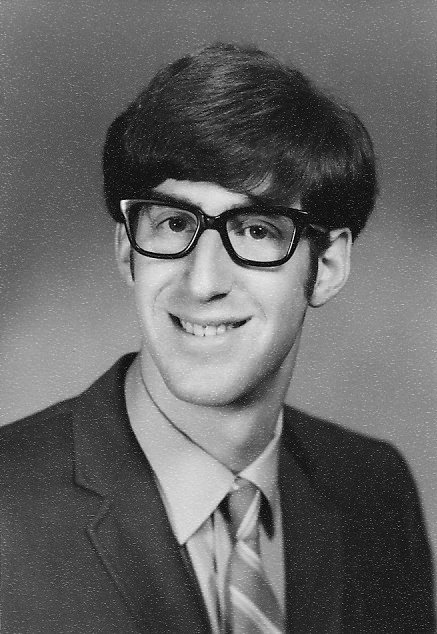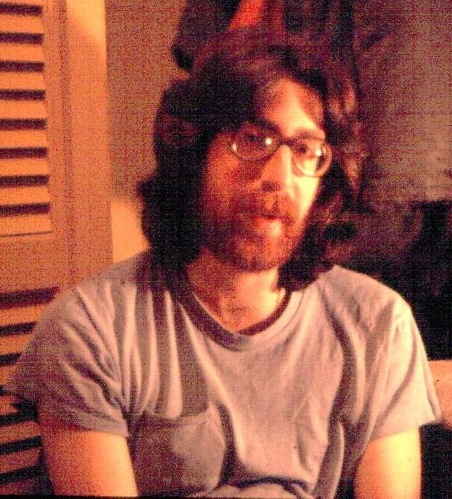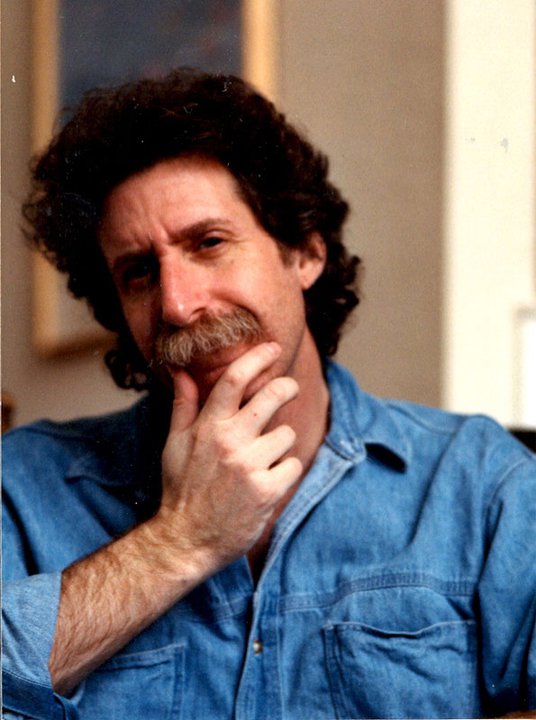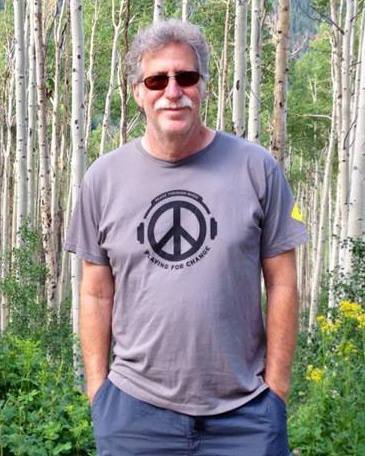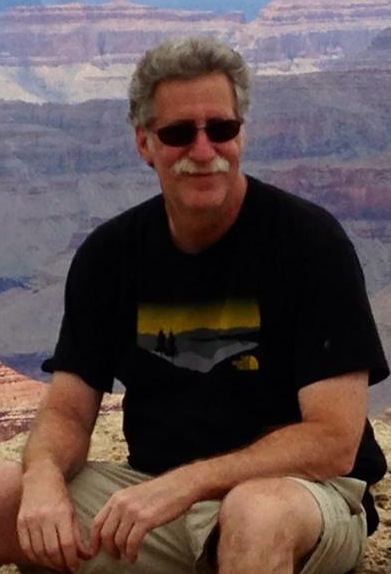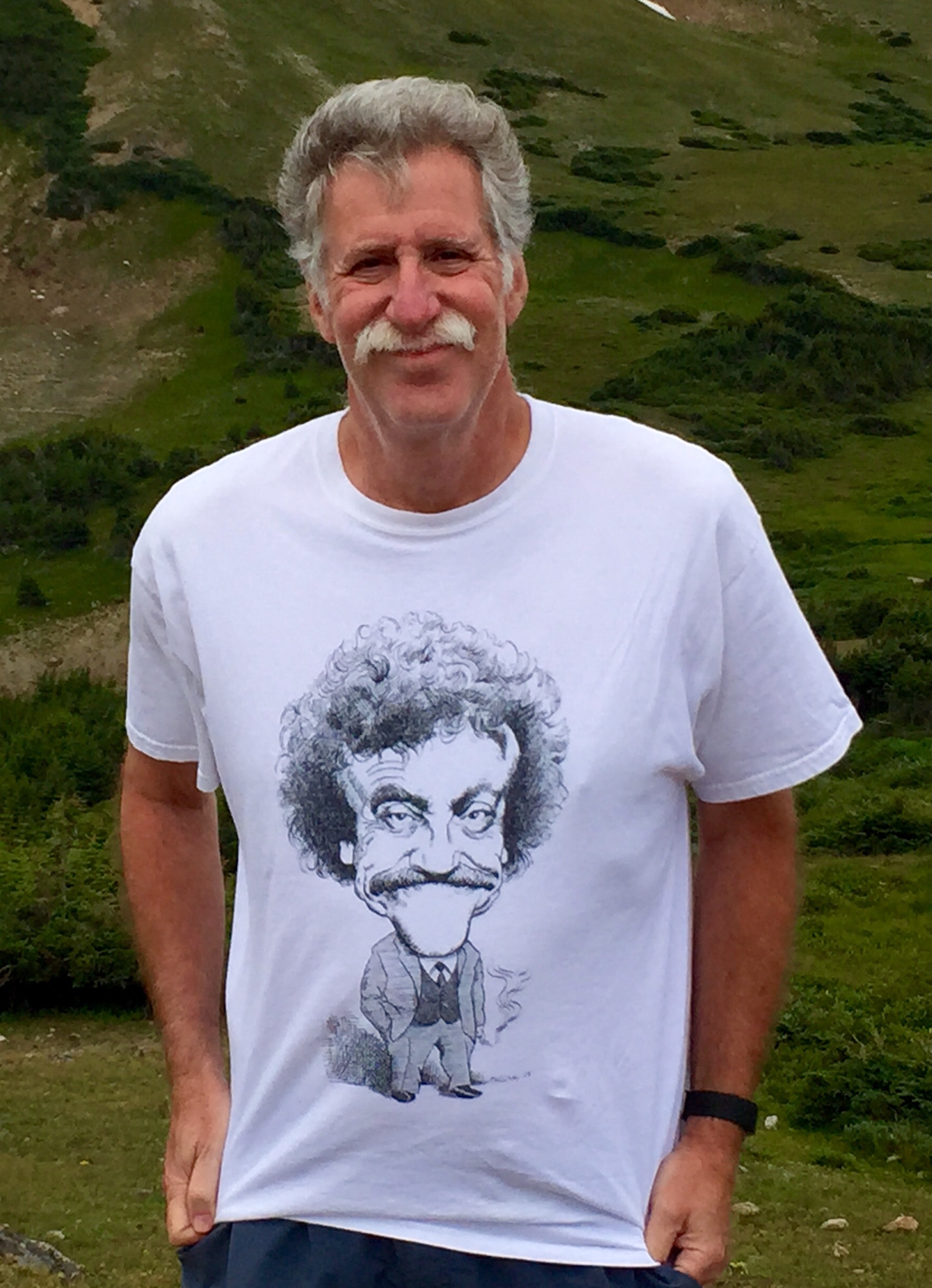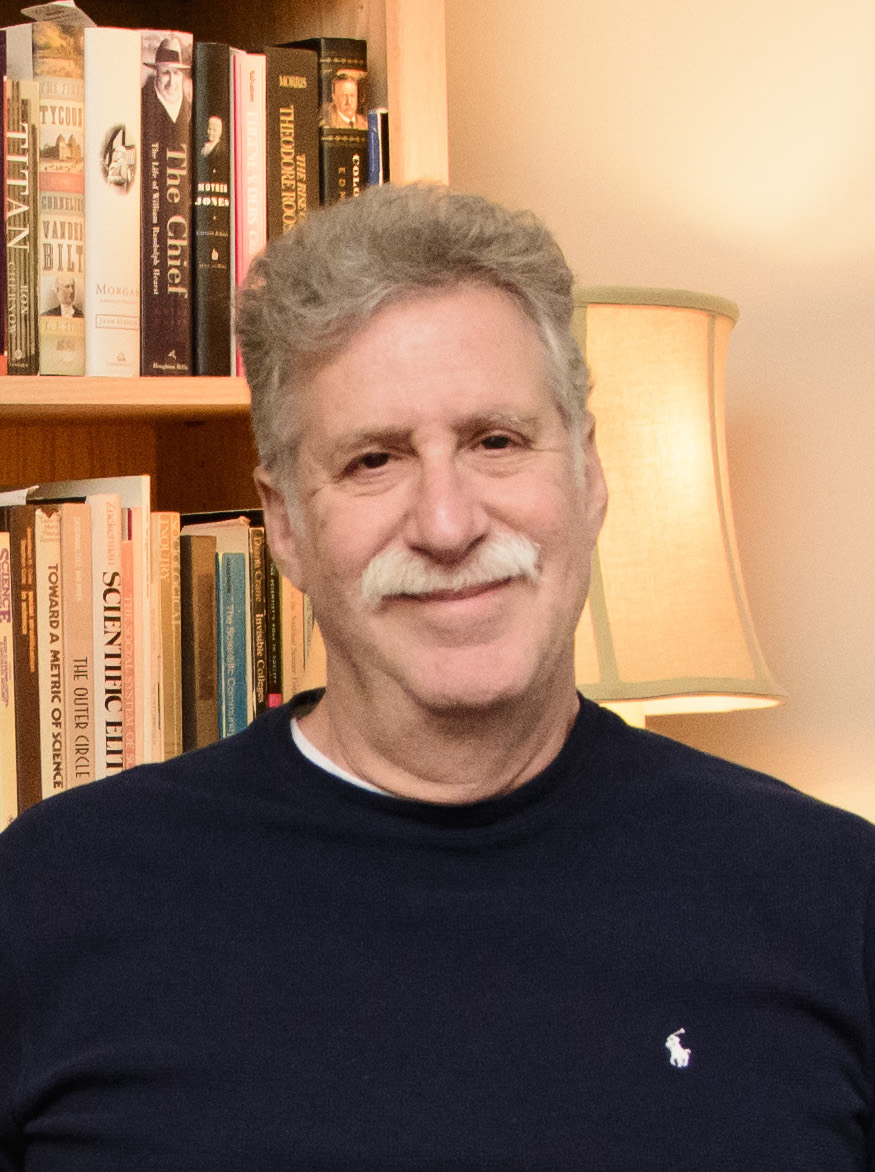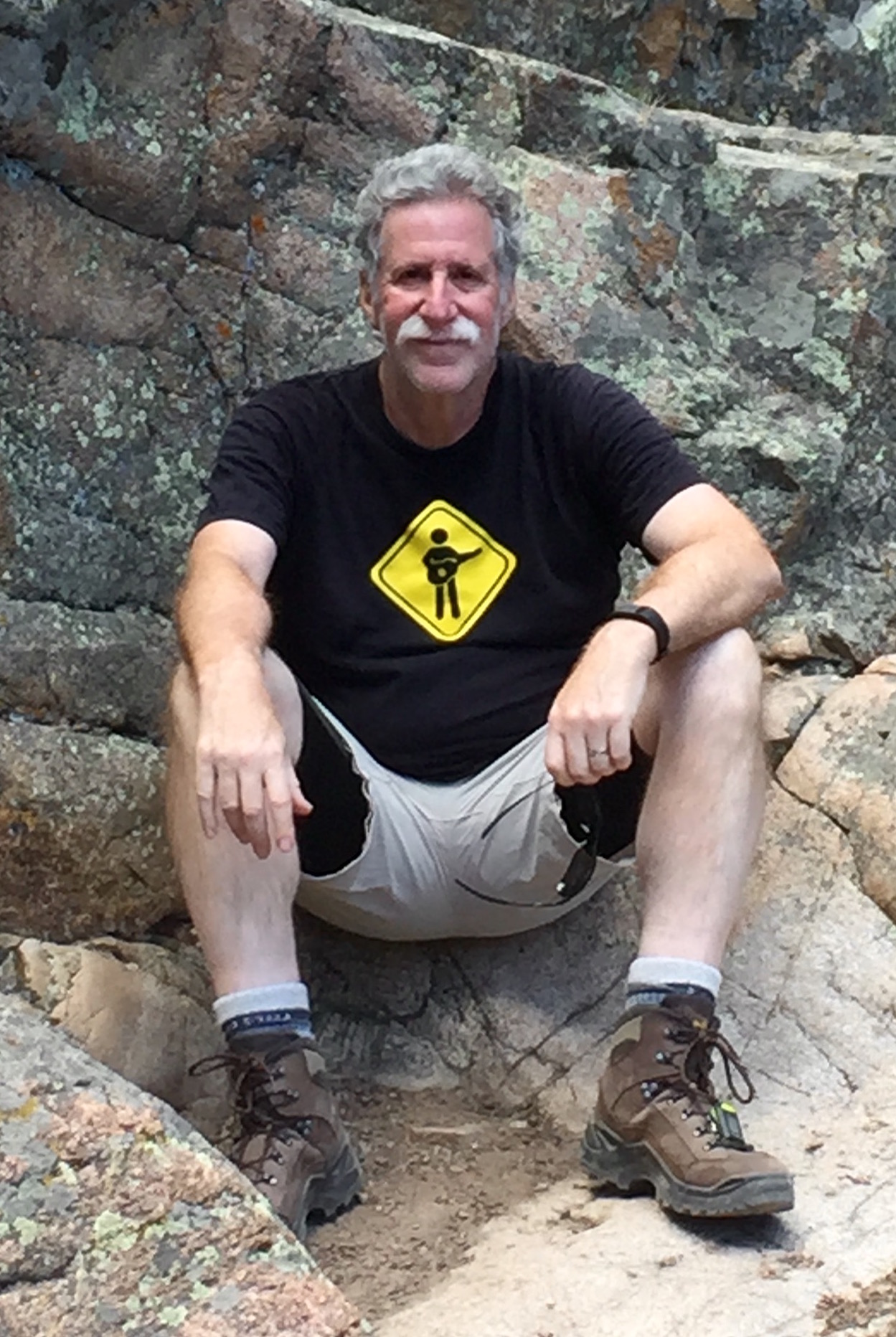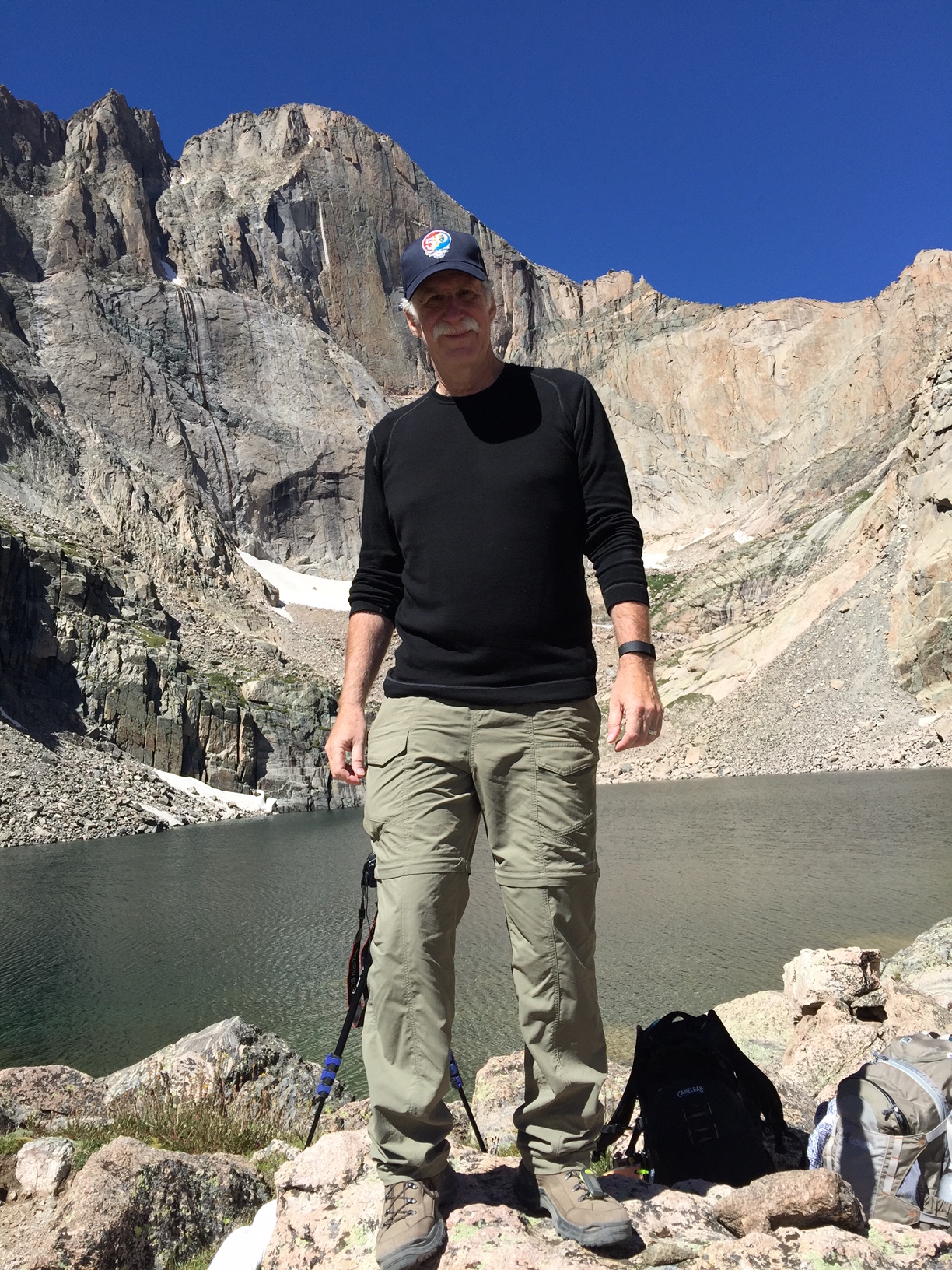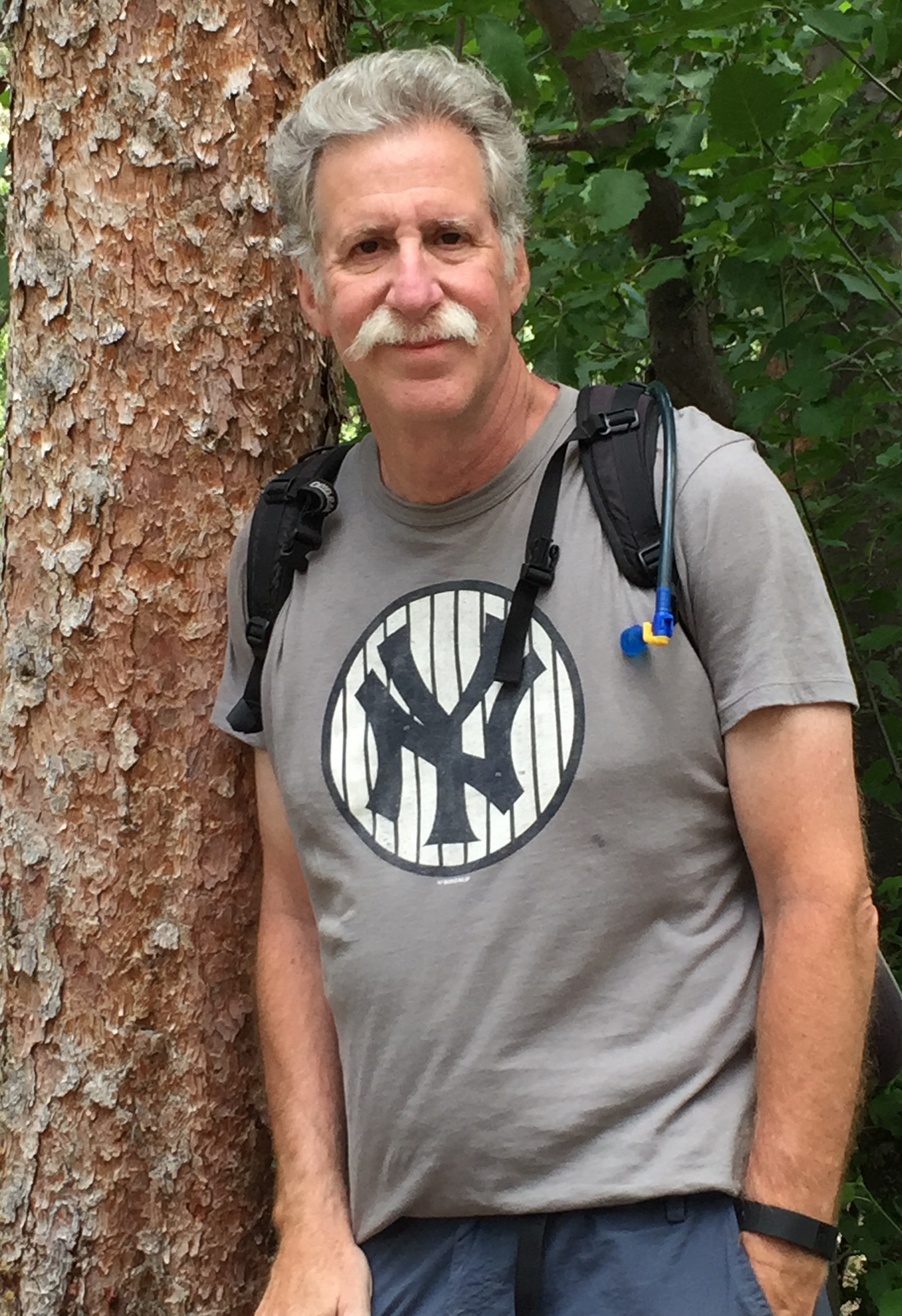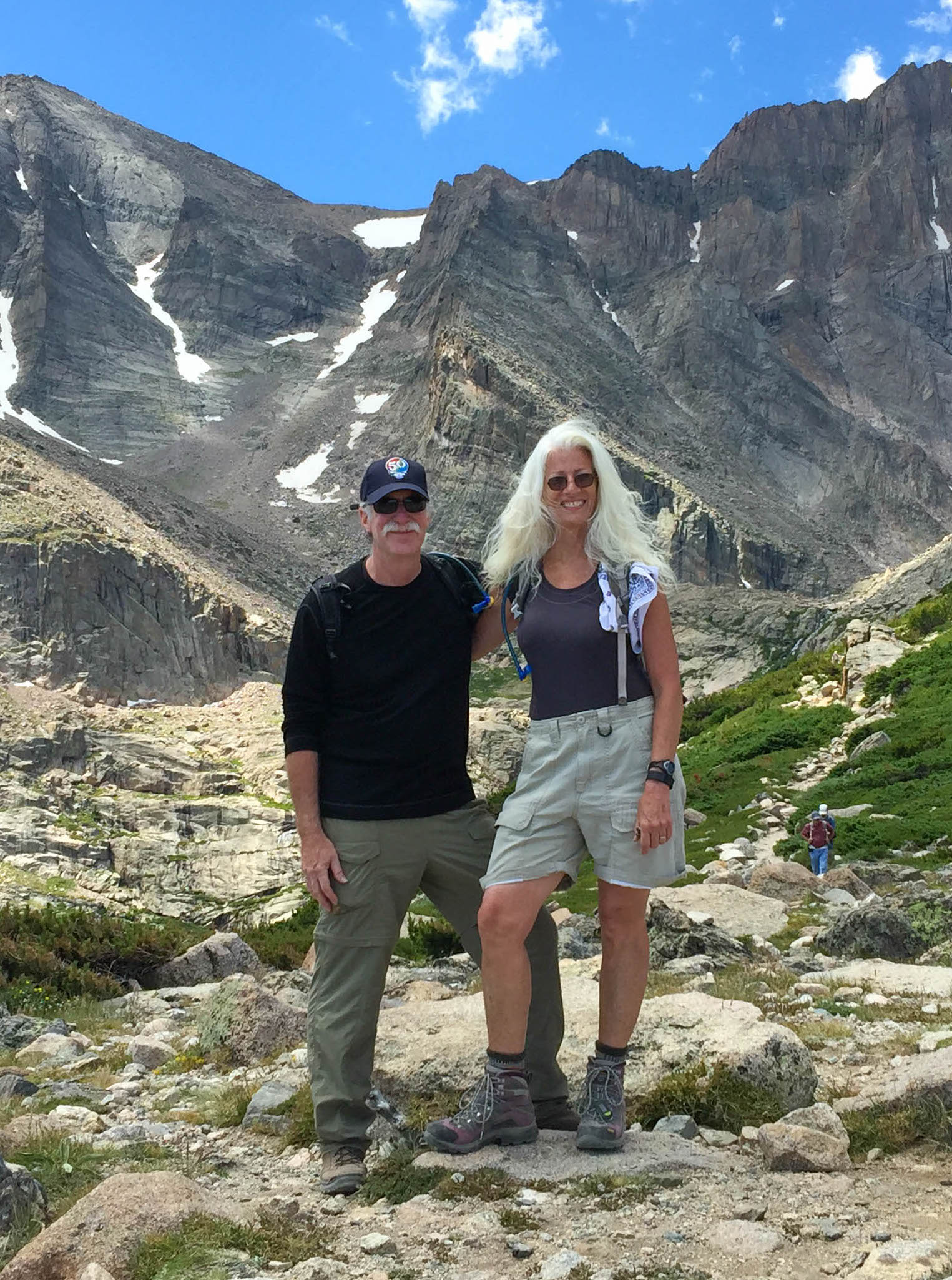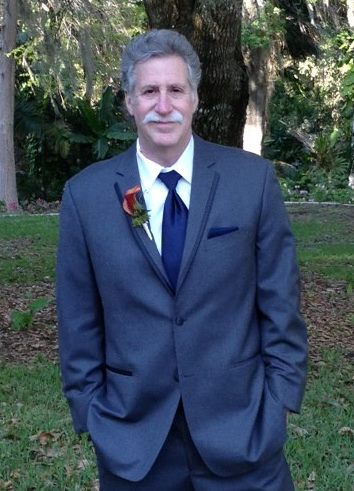Hi Folks:
So, let me tell you a few things about myself (or my multiple selves). As mentioned in my welcome, I am a Professor of Sociology and have been teaching at Collin for the past twenty-five years. If you care to, you can look at my vita. It lists all of my academic appointments, my publications and presentations and where I did my undergraduate and graduate studies. You’ll see that I received my graduate training in sociology at Columbia University and, prior to arriving at Collin, taught at Texas A&M University, Southwest Texas State University in San Marcos, and Stephen F. Austin State University in Nacogdoches. My areas of research are the sociology of science and other forms of knowledge, minority studies, and mass communication.
But how should I describe myself? There are, of course, many ways to do so and each discipline that takes as its subject matter human beings does so differently. Should I begin by listing a series of biological attributes? Should I simply say that I am an elastic bag of bones, water, organs, 100 billion neurons, 100 trillion synapses, and various neurochemicals that is somehow capable of conscious thought and emotions? Should I say that I am a sixty-two year old, white, male who is six feet two inches tall, weighs 198 pounds, has brown eyes, salt and pepper hair (formerly auburn), and a white moustache, and that I throw right-handed but write left-handed?
Or should I describe myself by listing a series of personality traits, and say that I am kind, fair-minded, compassionate, outer-directed, self-confident, whimsical, contemplative, while also being an argumentative, arrogant, obnoxious know-it-all.
Or, better yet, should I provide a sociological description of who I am – since this is, of course, a sociology class? One of the fundamental tenets of sociology is that we are all – to some extent – shaped and molded by our life-experiences and these life-experiences vary to a considerable extent based on the culture in which we live and the social positions that we occupy. How could it be otherwise? Clearly, a white male will have had somewhat different experiences growing up – and will continue to have different experiences today – than, say, an Asian-American female. It should come as no surprise, then, that we will likely see the world somewhat differently.
Just how being “white” and “male” in the United States has affected who I have come to be will become obvious over the course of the semester. So, too, will you see how my age – another important social background characteristic – affects how I see and interpret the world. Born in 1951, I was a child of the 1960s. Just think of the historical events I have lived through: the civil rights movement, the women’s movement, Elvis Pressley, the Beatles, Viet Nam, the so-called hippie counter-culture movement of the 1960s with its emphasis on “drugs, sex, and rock-and-roll,” Watergate, Reaganism, Biafra, Bosnia, Darfur, the World Trade Center. How could this not have an impact on my worldview?
Moreover, my formative years were spent in New York! If you don’t think that matters, think again. For the moment, suffice it to say that one result of my New York upbringing is that I’ll argue about anything and everything just for the fun of it – for sport. As I put it in my essay on “Why I Teach,”
Although my father was clearly the catalyst of my developing curiosity and yen for learning, I must note that my ethnic and cultural background along with the historical context that accompanied my formative years provided more than ample nourishment. Growing up in a Jewish community in Brooklyn, New York during the turbulent decade of the 1960s has surely left its mark.
It wasn’t just that learning was highly valued by those of my ethnic persuasion.So, too, was a particular style of learning. It was a social event. It was expected and you were encouraged to participate in discussions. You questioned nearly everything. You challenged parents, teachers, friends and foes alike to substantiate their arguments with evidence. You were forced to provide sound arguments to back up your own position. You argued incessantly, joyfully, always respecting the differences in opinions that invariably surfaced.
Add to this a New York cultural mode of communication – need I explain? – and the social issues and “teach-ins” on campus that set an agenda for an entire generation of students and you have a social incubator for deep thought, a social milieu that envelops and swallows you whole. Teaching and learning melds together as one.
Please read this entire essay when you have the time . . .
But you should also know that after studying both the history and the present shenanigans of human beings over the past thirty years I can tell you that I’m not particularly impressed. Sure, we humans are capable of kindness, understanding, compassion, and love and even act that way under specifiable circumstances. But there is still too much hate, finger-pointing, prejudice, discrimination, inequality, human rights violations and above all else, ignorance. This is not as pessimistic as it sounds. Ignorance can be overcome, and I take great comfort in this quote from Oliver Wendell Holmes, American Author & Physician, 1809 – 1894:
"Man's mind stretched to a new idea never goes back to its original dimensions."
I am really looking forward to getting to know you over the next few weeks and helping you attain a deeper understanding of both yourself and the world you inhabit.
Keep smiling,
Larry Stern

